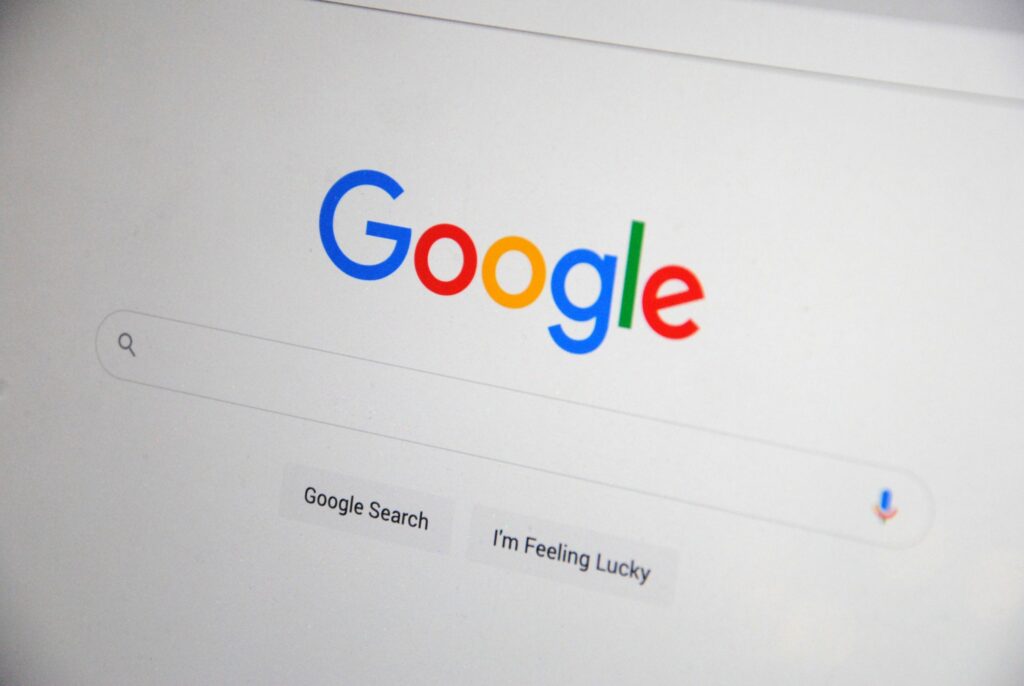
Last updated November 25, 2024
What is local SEO?
Local is SEO is the process of improving a company's findability on local searches. These are searches where the location is part of the search term or is highly relevant.
We deliberately don't use the Dutch term local search engine optimization here because it's very long and not clear. Local SEO is a onderdeel van zoekmachineoptimalisatie (SEO).
Why is local findability important?
There are a number of reasons why a business might want to improve its local findability.
- 30% of all searches on mobile are location-related.
- In normal search results, so-called local packs are increasingly being shown. These are Google Maps blocks that push the normal organic search results down and thus make normal SEO less effective.
- Companies also like to do business with local businesses. After all, decisions are made by people. Even bij SEO bureaus shows a local pack while location should hardly play a role in the choice there.
For which entrepreneurs is local SEO relevant?
Local SEO is relevant to
1. Small and medium-sized local businesses
- Physical stores
- Local service providers
- Catering establishments
- Local professionals (hairdressers, dentists, etc.)
2. Companies with geographically defined target market
- Contractors
- Installers
- Cleaning companies
- Driving schools
3. Companies with multiple branches
- Franchise chains
- Organizations with multiple locations
4. Selected sectors
- Tourism
- Retail trade
- Health Care
- Hospitality
- Automotive
- Real Estate
How does local SEO work?
There are 2 places why you can improve your local findability in Google.
Google maps (local pack)
Google is increasingly showing a map of a number of businesses directly in its search results, even when not searching by a city name. For bakeries, butchers and restaurants, it makes sense that it is important to be visible in local search results. But larger businesses with multiple locations that do not have a direct regional focus can also benefit. Creating and editing a listing for your business can be done directly in Google Maps these days.
Normal search results
You can also make sure you become more findable in ordinary search results. A well-known way is to create landing pages for lots of place names. We do not recommend this, but make sure there is a page for each location.
Google My Business optimization
How does Google determine which company will be shown?
Google uses 3 factors to determine which business will be shown in a local search: relevance, authority and location.
Relevance: As with SEO, relevance plays a role in determining your ranking. Here, Google chooses nearby businesses that most closely match the user's search query. The more relevant your business is to the search query, the more likely you will rank on local search results.
Location: When a local search is performed by the user, Google tries to show businesses that are close to the user's location.
Authority: In addition to the location and relevance of your business, it also looks at the authority of your website. Businesses with a higher authority score are rated by Google as a trustworthy business and will therefore be shown faster in local search results.
7 tips to improve your local findability
There are a number of steps that can help you improve the local findability of your business.
- Register your business with Google Company Profile
To begin, you will need to register your business with Google Company Profile. This makes your business easier to find for Google and increases your chance of being shown in Google Maps search results. It is important to fill in your Google Company Profile as completely as possible. Think of information such as opening hours, phone numbers, link to your website, pictures and a short description of your business. - Reviews on Google Maps
Reviews are a powerful tool that helps Google assess whether your business matches searcher demand. Therefore, it is wise to collect reviews from customers. Also ask your existing customers to leave a review, always ask for an honest review. If your reviews and (average) scores increase, this will have a positive effect on your local findability. - Location
Make sure Google knows where you are located. It's wise to include your location in your Google Company Profile and additionally in the footer of your website. This way, Google is most likely to know the location of your business and therefore be able to show it in nearby searches. - Post on your Google Company Profile
Post regularly on your Google Company Profile. This shows Google and (potential) customers that you are active. This (combined with good reviews) can remove uncertainty from consumers who are not sure if they can trust the company. - Keyword research
When writing your profile for the Google Company Profile, it is wise to include the most important search terms. These search terms are best found by performing a zoekwoordenonderzoek, which you will also perform with SEO. If you are doing SEO you have often already performed a keyword research which you can then also use (in part) for your profile. - Make use of your meta titles and descriptions
Include information about your business such as location and business hours in your meta titles or descriptions. This can help the searcher choose your business. The user can see at a glance that the business is nearby and if it is currently open. - SEO & local SEO
Local SEO is part of the overall picture of SEO. By also working on the SEO of your website, you also strengthen the local SEO of your business. Therefore, it is important to look beyond just local SEO, even if you are only doing business on a local basis.
Are the results from your online marketing disappointing?
Request our no-obligation performance scan and we'll tell you where you're going wrong.

















 Team
Team FAQ
FAQ Vacancies
Vacancies Contac
Contac AWR
AWR Ahrefs
Ahrefs Channable
Channable ContentKing
ContentKing Leadinfo
Leadinfo Optmyzr
Optmyzr Qooqie
Qooqie Hubspo
Hubspo Semrush
Semrush




